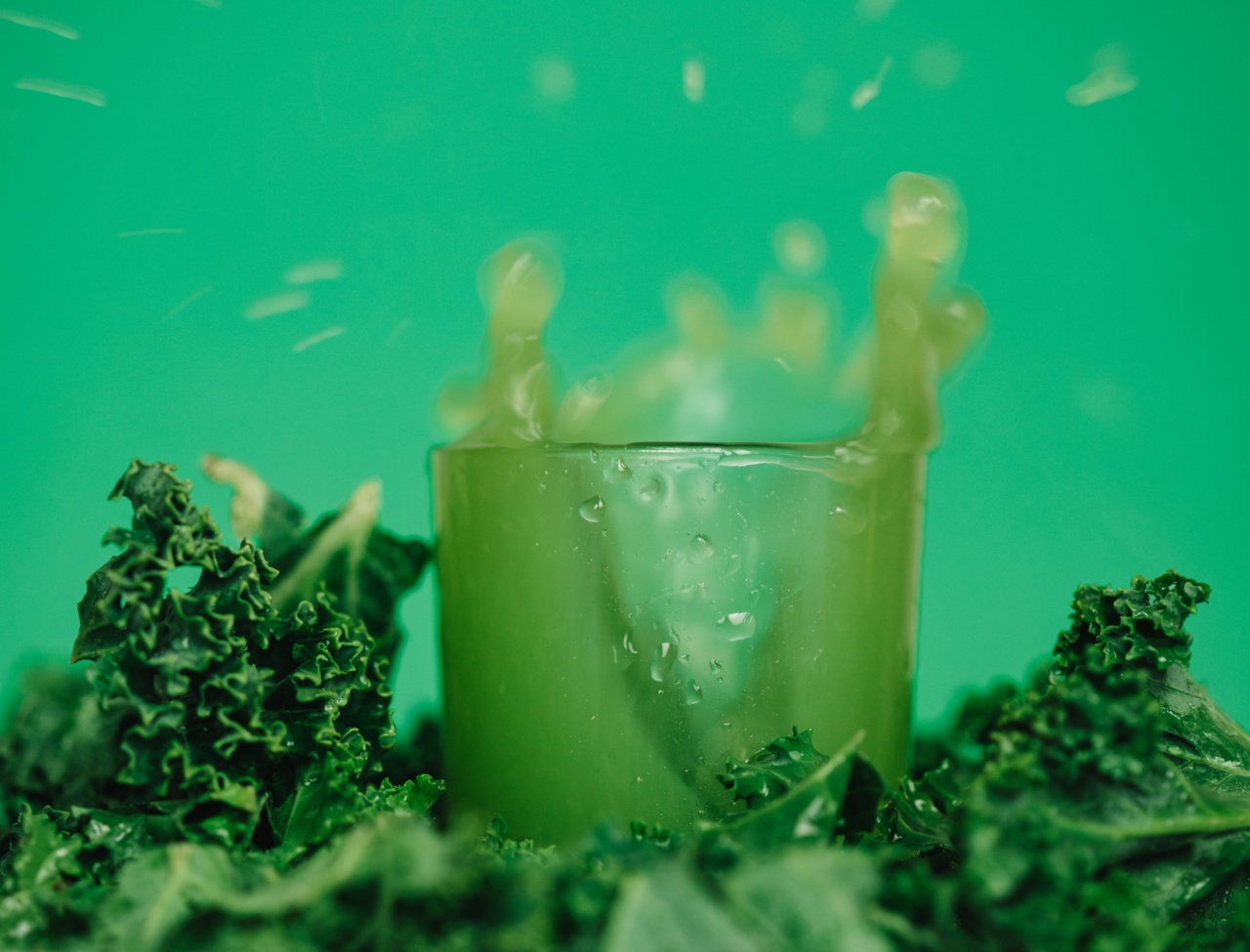Vitamin C is an essential nutrient that our body requires to stay healthy. It is an antioxidant that helps protect us against oxidative stress and free radicals that can damage our cells.
It is also important for collagen production, which in turn promotes wound healing, healthy skin, and strong bones.
Most people consume an adequate amount of vitamin C through their diet, but some may require additional supplementation. This is especially true for those who smoke, since smoking can deplete the body’s vitamin C stores.
Vitamin C and Cancer Treatment
Cancer is one of the most devastating diseases known to mankind. While several treatments are available, chemotherapy remains the most commonly used method.
However, chemotherapy can have severe side effects, including nausea, vomiting, fatigue, and loss of appetite.
Recently, there has been growing evidence to suggest that vitamin C can boost the effectiveness of chemotherapy while reducing its side effects.
Several studies have shown that high doses of vitamin C can increase the sensitivity of cancer cells to chemotherapy drugs, leading to better treatment outcomes.
The Science Behind It
The exact mechanisms through which vitamin C enhances chemotherapy outcomes are still being studied. However, it is known that vitamin C can produce hydrogen peroxide when it reacts with metal ions in the body.
This hydrogen peroxide can damage cancer cells and make them more vulnerable to chemotherapy.
In addition, vitamin C can stimulate the immune system, which can help fight off cancer cells. It can also suppress inflammation, which is a common side effect of chemotherapy.
The Benefits of Combining Vitamin C and Chemotherapy
One major benefit of combining vitamin C and chemotherapy is that it can increase the effectiveness of the treatment while reducing its side effects.
This means that patients can receive higher doses of chemotherapy without suffering from adverse reactions.
Another benefit is that vitamin C can improve the quality of life for cancer patients. Since chemotherapy can cause fatigue, nausea, and other side effects, taking vitamin C can help alleviate these symptoms and make them feel better overall.
What You Should Know Before Taking Vitamin C Supplements
While vitamin C supplements are generally considered safe, it is important to talk to your doctor before taking them, especially if you are undergoing chemotherapy.
High doses of vitamin C can interact with chemotherapy drugs, and it is important to get the dosage right.
In addition, vitamin C supplements can interfere with other medications, such as blood thinners and cholesterol-lowering drugs. If you are taking any prescription medication, always check with your doctor before taking a new supplement.
How to Get More Vitamin C
The best way to get vitamin C is through a healthy diet that includes a variety of fruits and vegetables.
Citrus fruits, such as oranges and grapefruits, are particularly high in vitamin C, as are red and green peppers, strawberries, kiwi, and broccoli.
If you are unable to get enough vitamin C through your diet, talk to your doctor about taking a supplement. They can recommend the right dosage and form of vitamin C for your individual needs.
The Bottom Line
Vitamin C is an important nutrient that can boost the effectiveness of chemotherapy while reducing its side effects.
While more research is needed to fully understand the mechanisms behind this interaction, there is growing evidence to support its use in cancer treatment.
If you are undergoing chemotherapy, talk to your doctor about incorporating vitamin C into your treatment plan.
While it is not a replacement for traditional cancer treatments, it can help improve your quality of life and increase the chances of a successful outcome.



























